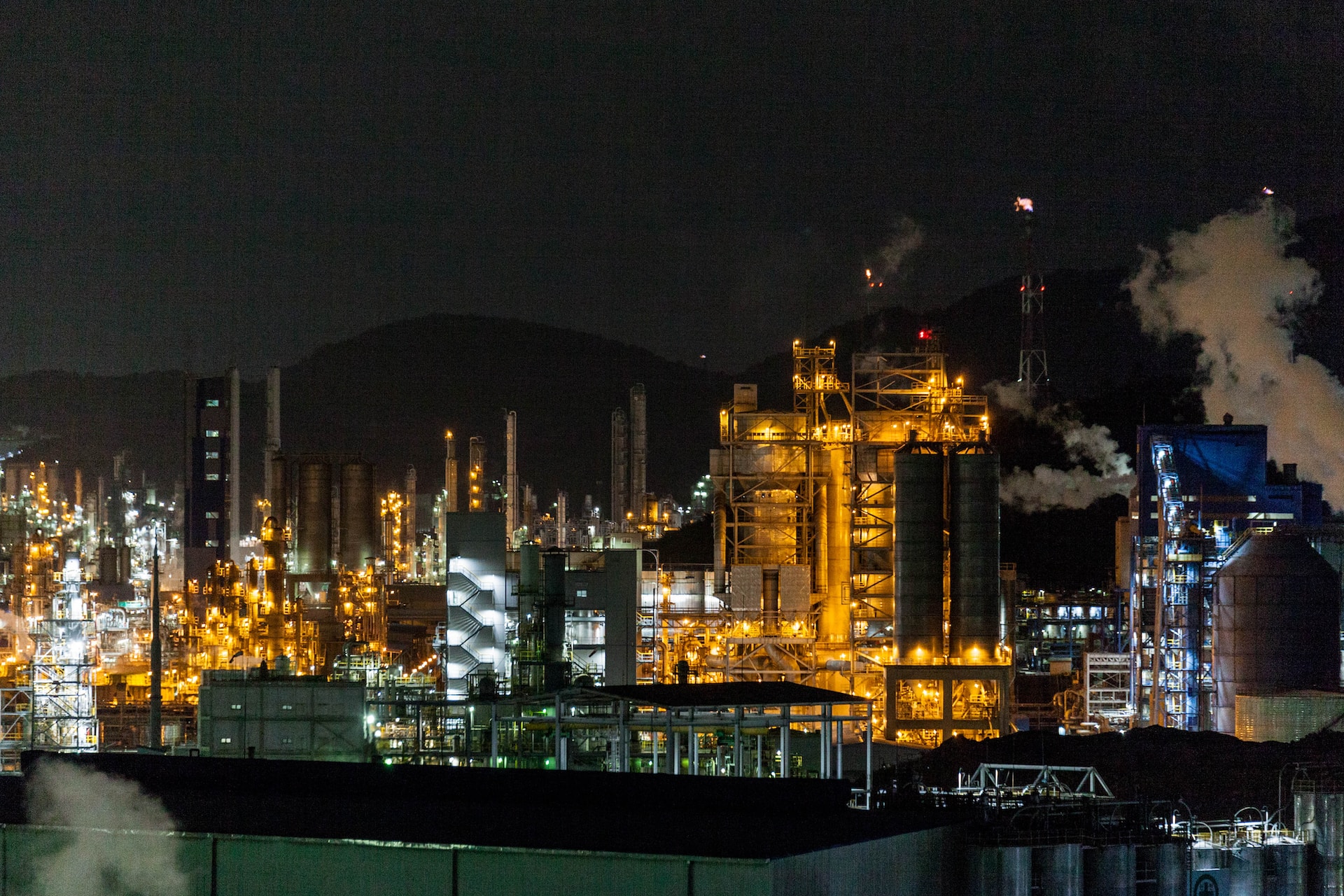
Question: Types of Industrial Electrical Systems
Answer: Types include power distribution systems, control systems, lighting systems, motor controls, and emergency power systems in industrial settings.
Types of Industrial Electrical Systems – The Complex World of Industrial Electrical Systems
Industrial electrical systems form the backbone of modern industries, powering a vast array of machines and processes. These systems are complex and varied, designed to meet the specific needs of different industrial environments.
Click here for more information on industrial electrical contractors
Related Article: Safety Standards in Industrial Electricity
Related Article: What is the Difference Between an Electrician and an Industrial Electrician?
Understanding Industrial Electrical Systems
In the industrial setting, electrical systems are more than just power sources. They are intricate networks that ensure efficient, safe, and continuous operations across various industries. [ 1 ]
Basic Industrial Electrical Systems
To begin, it’s essential to understand the basic types of electrical systems commonly used in industrial settings.
Power Distribution Systems
These systems are responsible for distributing electrical power throughout a facility. They include components like transformers, switchgears, and distribution panels.
Motor Control Centers (MCCs)
MCCs are centralized units that control the operation of electric motors in an industrial setting. They are critical for process automation and machinery operation.
Specialized Industrial Electrical Systems
Beyond the basics, there are specialized electrical systems designed for specific industrial applications.
Programmable Logic Controllers (PLCs)
PLCs are computer-based systems used for automating industrial processes. They are programmed to control machinery and production processes.
Supervisory Control and Data Acquisition (SCADA) Systems
SCADA systems are used for monitoring and controlling industrial processes at a large scale. They collect data from sensors and instruments to provide real-time control over industrial operations.
High-Voltage Industrial Electrical Systems
In many industrial environments, high-voltage electrical systems are necessary to power heavy machinery and large-scale operations.
High-Voltage Power Lines
These power lines transmit electricity at high voltages, typically for operations that require a significant amount of power.
Substations
Substations are part of the electrical distribution system that transform voltage from high to low or vice versa. They are crucial in ensuring that electricity is distributed at usable voltages.
Safety and Compliance in Industrial Electrical Systems
Safety is paramount in industrial electrical systems due to the high risks associated with large-scale electrical work.
Safety Standards and Regulations
Industrial electrical systems must adhere to strict safety standards and regulations to prevent accidents and ensure the safety of workers.
Regular Maintenance and Safety Inspections
Regular maintenance and safety inspections are crucial for maintaining the integrity and safety of these systems.
Technological Advancements in Industrial Electrical Systems
Technological advancements have significantly impacted the design and functionality of industrial electrical systems.
Innovations in Automation and Control
New technologies in automation and control have led to more efficient and precise industrial electrical systems, enhancing productivity and reducing human error.
Integration of Renewable Energy Sources
The integration of renewable energy sources, such as solar and wind power, into industrial electrical systems is becoming more common, contributing to sustainability and energy efficiency.
Conclusion: The Complexity and Importance of Industrial Electrical Systems
Industrial electrical systems are complex but essential components of modern industry. They power a wide range of operations and are constantly evolving with technological advancements.
The Need for Skilled Industrial Electricians
The complexity of these systems requires skilled industrial electricians who understand the nuances of different types of industrial electrical systems.
Future Trends in Industrial Electricity
As industries continue to evolve, so too will the electrical systems that power them, with a likely increase in automation, sustainability, and efficiency.
Visit this page for more information about Amp-Tech Electricians
Industrial electrical systems are diverse and specialized, catering to the unique needs of different industries. From basic power distribution to advanced control systems, these systems ensure the efficient and safe operation of industrial processes. Understanding the various types of industrial electrical systems is crucial for those working in or with the industrial sector, highlighting the importance of continual learning and adaptation in this dynamic field.
References
1. https://burhaniengineers.com/a-comprehensive-guide-to-industrial-electrical-systems/